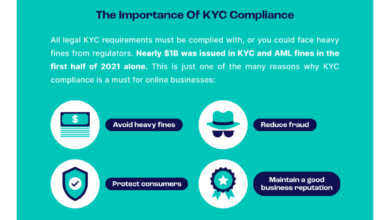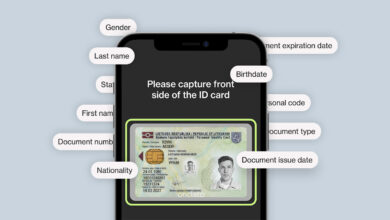Pakistan’s president calls for more training in blockchain technology

While the call for a ban on cryptocurrency currently rings across Pakistan, the current president of the country, Arif Alvi, is soliciting additional training on the growing technologies. During a meeting with a committee of blockchain technology professionals, he asked them to hold various training sessions and classes on AI and blockchain technologies. If you’re interested in learning more about bitcoin trading, go to the bitiq-app.com for a complete tutorial to crypto trading.
The Move to Ban Cryptocurrencies in Pakistan
As reported by the local media, the Pakistani government and its central bank are looking to ban all crypto-related activities within its territories. This report cites a document that was acknowledged by a regional court in Pakistan.
A committee led by the deputy governor of the State Bank of Pakistan (SBP), Sima Kamil, was reported to compile the document submitted. Other members of the committee include the Federal Investigation Agency of Pakistan (FIA), the Securities and Exchange Commission of Pakistan (SECP), and the Ministry of Finance.
This recent step by the committee will be the first time the central bank takes a clear stance on cryptocurrency. The addition of regulatory and government agencies on the committee gives the document more power as a consideration of likely policy change. The State Bank of Pakistan earlier in 2018 had initially published circular restricting banks from trading with crypto exchanges.
However, this recent move according to Ali Farid Khwaja, chairman of KTrade KASB Securities and a partner at Oxford Frontier Capital is a clear statement from SBP. He asserted the move unlike those of the past is a direct reflection of a policy change that will have greater coordination and consensus. He added that the document submitted includes details of a coordinated clampdown on illegal crypto operators and peer-to-peer exchanges by the FIA.
This move to ban crypto was also prompted by a recent scam within the region which saw Pakistan citizens lose $100,00 from a crypto scam. The FIA presently are working with Binance to help uncover and solve the fraud case.
The document prepared by the committee was submitted to the Sindh High Court which heeded a case concerning crypto assets and ruled its formation. The document submitted cited reasons such as terrorist funding, money laundering, scams, and frauds as reasons for the move to ban crypto-related activities.
The president of Pakistan, Arif Alvi, calls for a more conventional approach to blockchain technology
On Monday 19th of January, 2022, President Arif Alvi during a meeting with a committee of blockchain technology experts made some interesting assertions. He said the pool of talents in Pakistan should brace themselves to meet the demands of the fourth industrial revolution. He believes blockchain technology will revolutionize the world both in the private and public sectors.
He acknowledged that the technology can be employed by the Pakistani government as a tool to fight corruption and increase transparency. Among the experts present was the founding president of the Bitcoin Association, Bitcoin SV attorney Jimmy Nguyen.
The meeting was held just before Noor Muhammad Dummar was announced to be appointed as Balochistan province’s finance minister. Meanwhile, the SBP continues to push on for a ban on crypto arguing that digital sounds are illegal and ineffective for commercial purposes. However, the Pakistani Federal Ministries of Finance and Law have not enacted a blanket ban on crypto-assets within the country.
According to a report published in October 2021, by Chainalysis, a crypto analytic company, Pakistan ranks the third-highest on the list of countries with the highest crypto adoption rate. Presently, data shows that with over $10 million cash flow into the country, cryptocurrencies represent 28% of the total transaction. The State Bank of Pakistan (SBP) also confirmed that it was researching a possible approach to making a debut into the crypto sphere in 2021. The SBP added that the idea was to develop a digital currency for the central bank.
Certainly, several officials are skeptical of digital assets and continuously link them with scams and fraud, especially since the $100 million crypto scam. The victims were misled by a group of fraudsters prompting them to send their funds to unidentified third-party crypto wallets. Based on current reports, the Pakistan Telecommunications Authority in a bid to curb money laundering and scams have blocked all crypto-related websites within the country.



